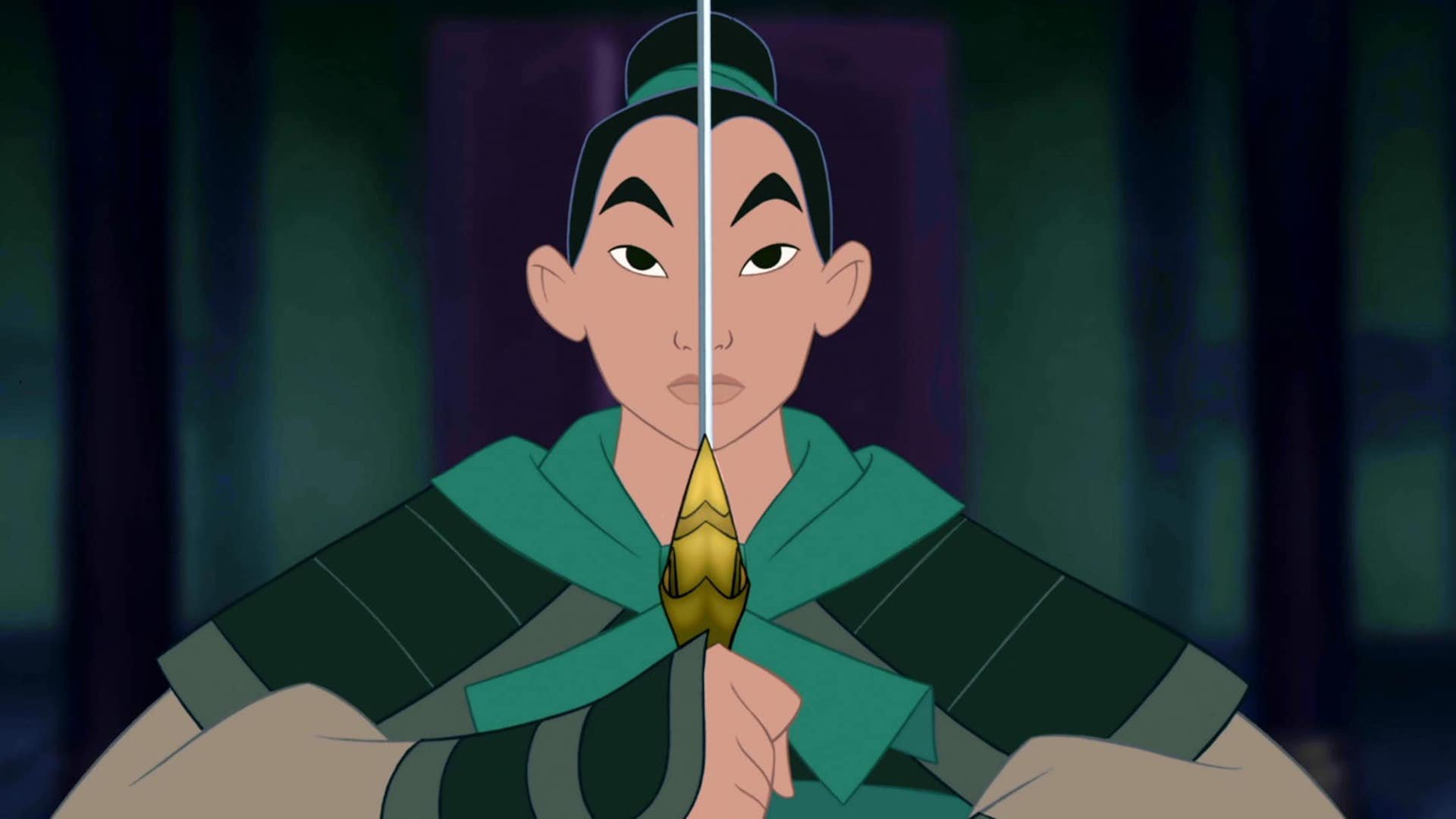The desire to be recognized. The longing to be truly seen. As humans, these two wants remain universal. Allowing the muted to be heard, films are a vehicle to share our deepest truths. And as pioneer-storytellers, we hope our message will resonate with an audience. But in order to do so, the story must be able to resonate with today’s audience—the current generation.
As a self-declared cinephile, I believe that everyone has that movie—the film that made them fall in love with cinema. As a five-year-old, Asian-American girl, my movie was Mulan (1998). While I didn’t have a talking dragon and cricket as my sidekick, for the first time in my life, I could see snippets of my experiences reflected on screen. I cried when Mulan was in pain, laughed during her triumph, and swooned over Li Shang during his proposal.
I discovered the beauty in the moving image. Since then, my obsession with film has only swelled larger.
The vast influence of movies comes from its relevance to current realities, trends, and demographics. Before we can increase enthusiasm for film criticism among youths, we must first show them the power and reach of movies. I believe that if today’s filmmakers and industry aim to make our generation’s truths heard, more young people will become interested in film analysis.


